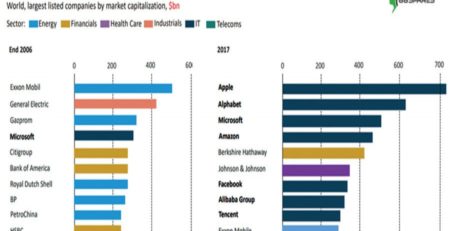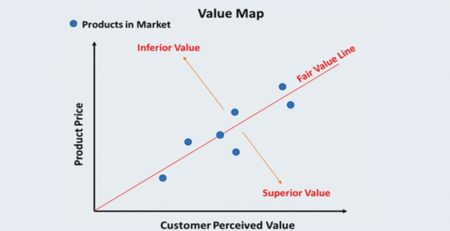Role and importance of efficient accountants in RMG sector by Fauzia Haque
Generally, we all say, finance is the heart of any company, but do we believe it wholeheartedly? Maybe the answer is “No”. Why? As an argument for such an answer, it may be mentioned that in our country, majority of the company owners think managing finances is such a simple and easy task that anyone from any discipline of study can do it. But this is not true and problems start arising from this notion. If a person does not take care of his/her heart, it can create problems at any time in any stage of life, causing huge losses. Similarly, the finance & accounts department acts as the heart of an organisation. If the department cannot be handled efficiently and smartly, the company can incur financial losses at any time.
A finance department dominated by persons without accounting background cannot meet the regulatory requirements in any company, but a qualified and professional team can. The finance department will prepare reports on the fund status of a company on a regular basis i.e monthly, quarterly or annually and analyse the budget with respect to the actual financial statements. The finance department will also bring any fund deficiency situation to the notice of the management in advance to take necessary action to tackle the adverse business situation.
In general practice, the finance department remain very busy with day-to-day activities, salary and wages payment and correspondence with banks. At the year-end, they remain busy closing the entire compliance gap by putting in extra efforts. All such hassles result from a lack of proper knowledge and information about relevant regulatory requirements, which can easily be solved at the transaction stage by collecting and maintaining proper documentation.
Most commonly, we cannot see the difference between the finance and the accounts departments. In a company, these two departments are not treated as separate departments, even though there are significant differences between them. Finance and accounting are two separate disciplines that are often combined together in a business organisation. At a high level, finance is the science of planning the distribution of assets of a business, while accounting is the art of recording and reporting financial transactions.
So, a company needs two experienced wings to manage its financial activities effectively and efficiently. The finance team will analyse the business trend and profitability, utilisation of available resources and assets and mobilise the capacity utilisation. The accounts team will keep the recording system updated and readily available and also extend support by providing financial reports as per requirement.
In the Readymade Garments (RMG) sector, accountants have to address too many compliance issues relatively different from other companies, particularly in the relevant business areas.
These issues are buyers’ requirements, Income Tax (IT) and Value Added Tax (VAT), issues related to the Register of Joint Stock Companies (RJSC), source tax deduction from suppliers, customs clearance procedure, Letter of Credit (L/C) formalities and other banking correspondence and preparation of monthly, quarterly, six-monthly and annual financial statements.
The financial statements should be prepared in line with the International Accounting Standards (IAS) and also the Bangladesh Accounting Standards (BAS). Is it so easy to manage all such regulatory requirements and, at the same time, management requirements? Undoubtedly it is tough, if qualified CFO or finance director or finance manager or finance team is not recruited according to the business plan and forecast. A qualified finance team must have persons with accounting background or finance background with Chartered Accountancy (CA) Course completed/partially completed level of CA. Preferably a Chartered Accountant or Cost Accountant can be the right professionals, if businesses can afford.
Nowadays, the RMG sector has been facing so many global challenges along with competitive threat and compliance with regulatory requirements. Timely VAT payment, submission of Income Tax returns, updating RJSC records are the most common compliances issues. But currently it’s very difficult to meet the regulatory bodies’ requirements without submitting relevant documents. If the finance team does not have forward-thinking persons, it would be very difficult to collect necessary information and meet the regulatory requirements in time. So, the finance team must have perfect knowledge about the transaction, dealings and any communication with the third party in order to complete their task properly.
The finance team is supposed to give constructive and effective support to the management of a company regarding the above-mentioned issues. To meet the buyers’ requirements and explore new markets, management needs regular analysis which the finance team should prepare with the collaboration of merchandising department.
So, financial data, updated with each regulatory body, is very essential to sustain in the competitive global market. The RMG sector made significant contribution — 12.36 per cent — to the Gross Domestic Product (GDP) of Bangladesh and accounted for 80.7 per cent of the total export earnings in the financial year ’17, becoming the biggest strategic sector of the country.
So, the importance of efficient and experienced accountants in the RMG sector is unquestionable. It is high time for the RMG industry to have efficient, dedicated and knowledgeable finance teams and prepare in advance to face the global threat.
Fouzia Haque FCA is a Chartered Accountant.








Leave a Reply